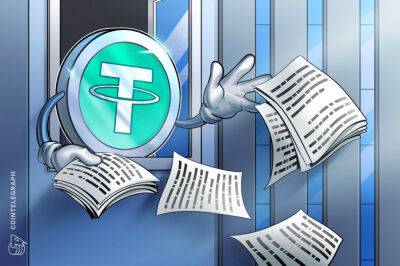Camelot continues national lottery battle with damages claim
Camelot’s legal fight to avoid losing its licence to operate the national lottery has failed but the Canadian-owned company will press ahead with a damages claim that could cost the government £600m.
The company launched a high court challenge in April, claiming the Gambling Commission had got its decision “badly wrong” by naming the rival firm Allwyn as its “preferred applicant” for the next 10-year licence to operate the national lottery.
The lawsuit forced a temporary suspension of the licence award, causing a delay that could have “severe consequences for the national lottery and good causes”, said the commission.
On Wednesday, the court ruled the suspension should be lifted, allowing the regulator to award the licence to Allwyn from 2024 via an “enabling agreement” that spells the end of Camelot’s unbroken 30-year reign since the first draw in 1994.
However, Camelot and its technology provider IGT will press ahead with their legal argument that the commission got its decision wrong. Should they succeed, in a case likely to be heard later this year, they are expected to claim damages of £400m and £200m respectively. The sums far exceed the commission’s budget and Camelot has argued in court that any payout would have to come out of the lottery’s budget for good causes.
Camelot said: “While disappointing, this judgment only addresses whether or not the enabling agreement can be signed while our case is heard. The judgment on whether the Gambling Commission correctly and lawfully awarded preferred applicant status is being dealt with separately. We continue to believe that we have a very strong legal case.”
The Gambling Commission said it would now begin the transition to Allwyn, owned by the billionaire Czech entpreneur
Read more on theguardian.com




















